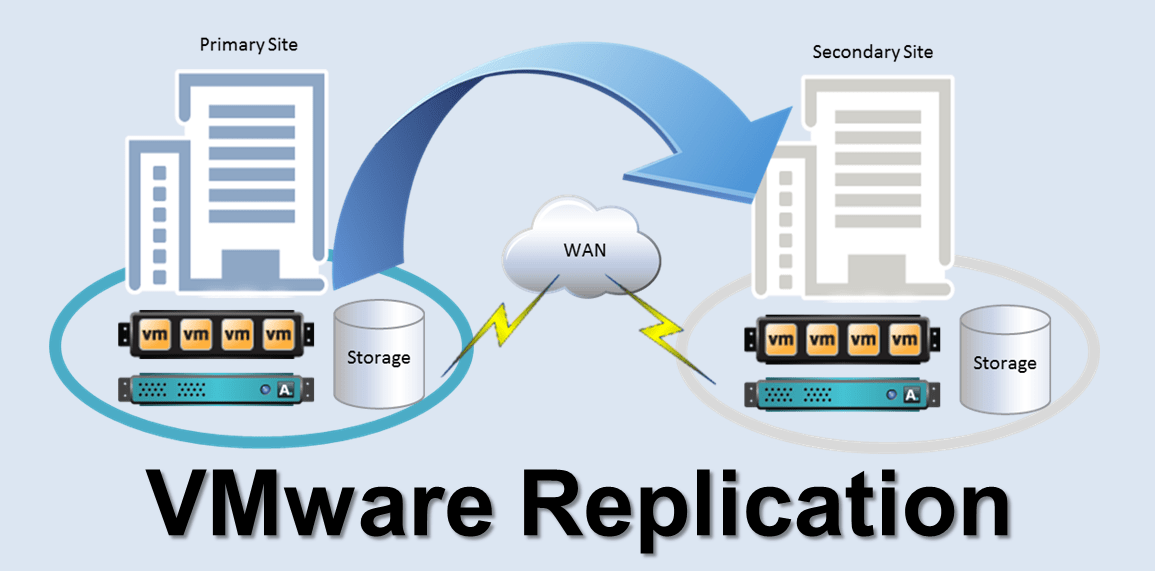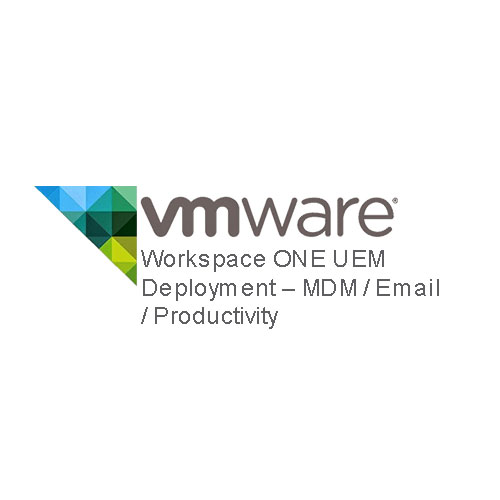One-stop interface for service requests
Set up a self-service IT request portal with an intuitive “shopping” experience. The web-based Service Request Center capability enables users to discover and request IT services, submit incidents, and review knowledge base articles. An enterprise service catalog enables services to be composed, organized, and published into convenient categories.
Enterprise service catalog promotes available IT services
A starter pack of pre-built service requests makes for a professional looking and functional service catalog as soon as you deploy the solution. These pre-built requests (new hire, phone set up, network access, badge access, etc.) include both the submission forms and the workflows required to fulfill the requests.
Automate and speed service delivery
Expedite user request fulfillment with an Information Technology Infrastructure Library (ITIL) v3 request fulfillment process that enables you to manage service requests separately from incidents. The process can be easily customized to meet your priorities. Users can also track progress at any time.
A complete ITSM solution
Service Support Manager integrates change and release management in order to bridge the divide between Dev and Ops. Service Support Manager is also packaged with fully functional, easy-to-use applications for request, incident, problem, change, and configuration management.
Bridge the gap between IT operations and application development
Use automated processes to help you deploy changes without disrupting services. SSM ensures that changes don’t reduce productivity or fail to comply with configuration standards. Processes include branching steps and priority tagging to easily manage changes according to rules you define. The Change Management Risk Calculator helps you assess the risk of configuration changes. Combine SSM with Release Control to further automate changes to applications.
Visually map and track configuration items
Create a master repository for all configuration items and their relationship with the configuration management database (CMDB). Simplify configuration item management with visual process maps to verify adherence to standards. Get quick access to your reports for configuration management processes, audit trails, and ITIL-based metrics.
Follow best practices in ITIL service design
The ITIL service design volume provides good-practice guidance on the design of IT services, processes, and other aspects of service management. Easily define process-based services that you can quickly categorize and showcase through a service catalog within Service Request Center.
Customizable dashboards and reports
Customizable, role-based dashboards and reports provide unparalleled insight into service management processes. SSM collects and reports metrics throughout service lifecycles, and cross-application reporting provides end-to-end operational visibility.
Foster social collaboration among IT stakeholders
The Orchestrated IT Feed provides instant access to the people involved in a particular item, including those who have the expertise needed to solve an issue. Avatars or icons represent users throughout the real-time collaboration, and conversation threads are grouped by the various stages in the service delivery process. You can choose to “follow” an item, person, or issue and get status updates via Twitter, Yammer, email, or SMS.
Easily add custom services to the catalog
Service Request Center lets you easily define and organize your own custom services within a service catalog to aid discovery. You can even limit the publication of these services to select groups – ensuring that each user only sees those services they are authorized to order.
Integrated knowledge base reduces helpdesk call volumes
Service Request Center includes a knowledge base that automatically searches for relevant topics as users submit incidents and requests. Incident and problem resolutions can be posted as articles in the knowledge base and IT change requests can be posted as announcements to the request center once their implementation dates are scheduled.
Process-based ITSM
Service Support Manager (SSM) represents a new process-driven approach to IT. Service Support Manager draws on the power of a process management platform to lower total cost of ownership (TCO), view reports on all service management processes, centralize the IT request center, and improve user satisfaction and agent productivity.
Configure processes to match the way you deliver services
Easily adapt ITSM processes and progress to a new level of ITSM maturity – and ITIL adoption. SSM’s process management platform provides a foundation for delivering and adapting integrated services that go beyond the break-fix realm. By expanding service management to support related processes, your IT organization can deliver integrated services with reliability and consistency.
Integrate ITSM and application lifecycle management
The power of the underlying process management platform tackles new fronts within the ITSM realm and beyond. It serves as the fulcrum of an integrated ITSM-ALM strategy that can bridge the traditional gap between IT operations and application development. Together with Release Control, SSM manages and releases a mixture of development and operation changes at the same time.
Learn more about Release Control
Leverage a process-based approach to ITSM
Service Support Manager comes packaged with workflows based on ITIL v3. SSM provides a process management platform that automates and integrates service delivery workflows. Complete visibility across integrated processes enables you to track IT performance against SLAs to optimize processes for continual improvement.
Create and justify an ITIL service strategy
When requests are captured in the central Service Request Center, they are funneled to the demand manager to help with cost and delivery priority. Service Support Manager provides an accurate view of available resources. Collaborative scoring, voting, and resource estimation shows how resources are used to fulfill demand.
Bring new services online with ITIL service transition
The ITIL service transition volume outlines the steps taken to move services from the request phase to operation.
Deliver value through ITIL service operation
The ITIL service operation volume describes the part of the lifecycle wherein the services and value are actually delivered to the business. SSM acts as an information and delivery hub.
Assemble metrics for ITIL continual service improvement
Adopting ITIL best practices means committing to continual improvement. To measure improvement, SSM assembles and reports relevant metrics about all aspects of service delivery. These reports can be configured to identify problems and improvement opportunities.
Easily track and report on IT asset lifecycles
Automate the management of financial assets by tracking the acquisition, ownership, and value of assets throughout their lifecycle. Track approvals, calculate depreciation, and report on asset usage. As part of SSM, asset management is integrated with service requests, inventory tracking, and change and configuration management.
Deploy on-premises or in the cloud
Service Support Manager is designed to support all implementation scenarios, including on-premises, on the cloud in a SaaS environment (Service Support Manager on Demand), or as a hybrid of the two. SSM on Demand offers all the benefits of software as a service.
Easily define and track service level agreements
Easily track your team’s performance against service level agreements. Administrators can set up rules that trigger corrective action when SLA targets are at risk of not being met or are violated.





Reviews
There are no reviews yet.